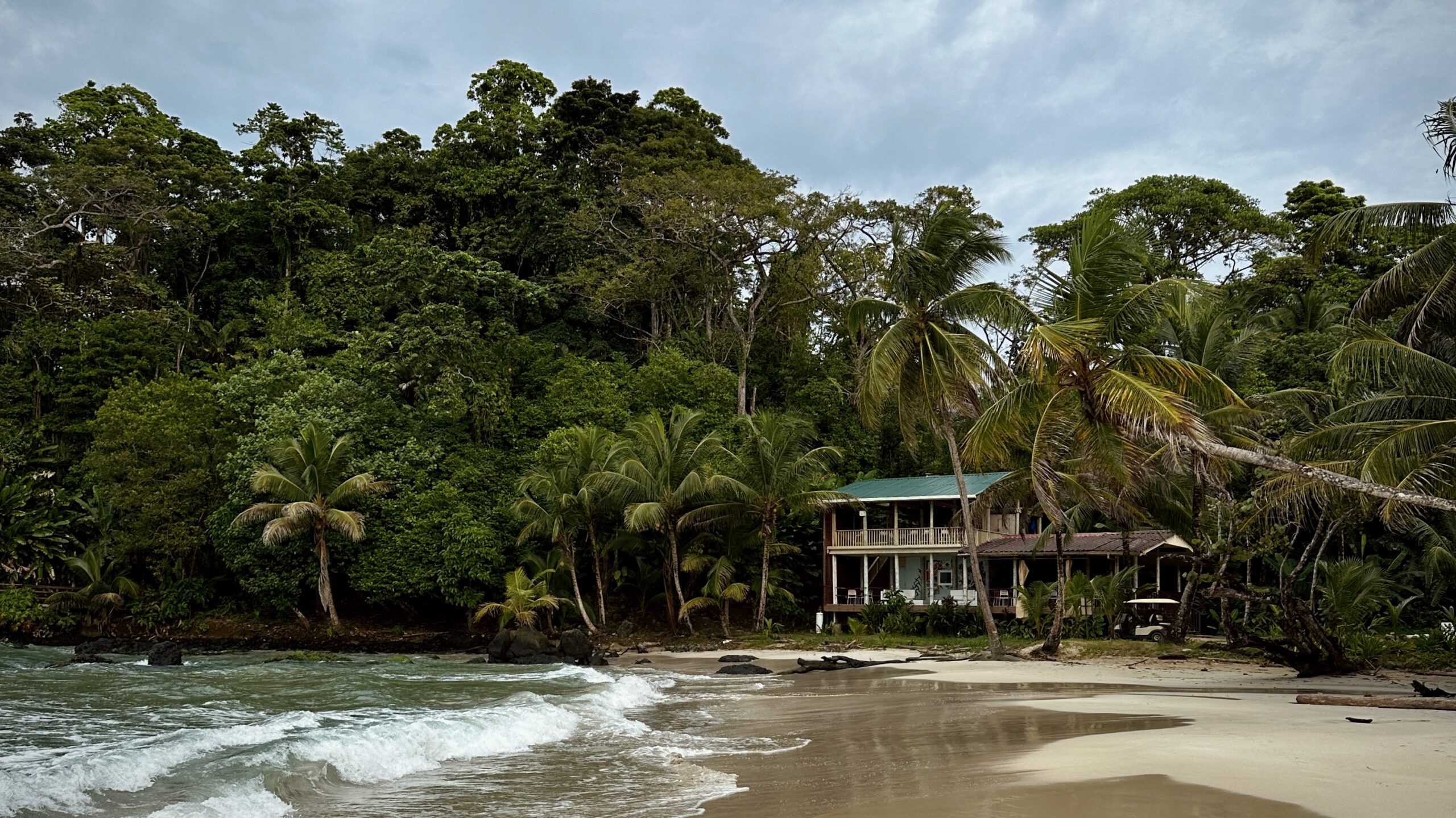Scuba diving is more than an adventure. It’s an opportunity to be fully present beneath the waves. While the thrill of exploring a new world is undeniable, diving also offers a unique form of mindfulness, helping you slow down, focus on your breath, and immerse yourself in the rhythm of the ocean.
By diving with intention and awareness, you can deepen your connection with the underwater world, reduce stress, and experience each moment more fully. Mindful diving isn’t just about technique; it’s about embracing the ocean with curiosity, presence, and appreciation.
What is Mindful Diving?
At its core, mindfulness is the practice of being fully engaged in the present moment. Applied to diving, this means shifting your focus from distractions to the sensory experience of being underwater: the sound of your breath, the way the water moves, and the life unfolding around you.
Mindful diving encourages a slower pace, helping you observe marine life with fresh eyes and feel more attuned to your surroundings. It’s about letting go of distractions, moving with intention, and truly connecting with the ocean environment.



Why Mindful Diving is Transformative
1. Enhances Relaxation and Reduces Stress
Slow, rhythmic breathing in diving naturally calms the nervous system, reduces stress, and promotes relaxation. Combine this with the feeling of weightlessness, and diving becomes a meditative escape that soothes the mind and body.
2. Deepens Connection with the Ocean
When you slow down and practice being present, you notice more. Like the tiny details in marine life, the way light dances through the water, or the subtle movements of the ocean. This heightened awareness fosters a deeper appreciation for the underwater world and strengthens our connection with the ocean.
3. Improves Focus & Situational Awareness
Scuba diving and mindfulness go beyond relaxation. They also enhance a diver’s ability to stay focused, which is crucial for safety and enjoyment. By being fully aware of your surroundings, buoyancy, and breathing, you can move more efficiently and avoid unnecessary risks, leading to a smoother and more enjoyable dive.
4. Boosts Mental Clarity & Self-Reflection
The tranquility of being underwater provides a unique space for introspection. When you appreciate the simple moments of underwater life, it’s easier to be grateful for the little moments in your everyday life. With mindful diving, you can experience moments of clarity, gain fresh perspectives, and reflect on your thoughts and emotions in a serene environment.
How to Practice Mindful Diving
- Set an Intention Before Your Dive: Think about what you want to focus on, whether it’s observing marine life, perfecting your buoyancy, or simply enjoying the moment.
- Breathe with Awareness: Pay attention to each inhale and exhale, maintaining slow, controlled breathing to stay calm and present.
- Observe Without Distraction: Resist the urge to rush or multitask, and take in your surroundings with curiosity and patience.
- Engage Your Senses: Notice the sounds, colors, and movements of the ocean.
- Reflect Post-Dive: Use a dive journal to write about your experience, thoughts, and emotions to deepen your connection with each dive.
Integrating Mindfulness Beyond the Dive
The principles of mindful diving can extend beyond the ocean and into daily life. Practicing mindfulness in everyday activities, such as walking, eating, or breathing, can help cultivate a deeper sense of presence and well-being. By bringing the same awareness and intention to life on land, you can experience greater clarity, relaxation, and appreciation for the world around you.
For me, scuba diving as a form of mindfulness has transformed how I experience the ocean. By slowing down, focusing on the present, and fully engaging with the underwater world, I find peace and a deeper appreciation for nature.
Are you ready to bring mindfulness into your diving? Try it on your next dive and share your reflections in the comments below!

